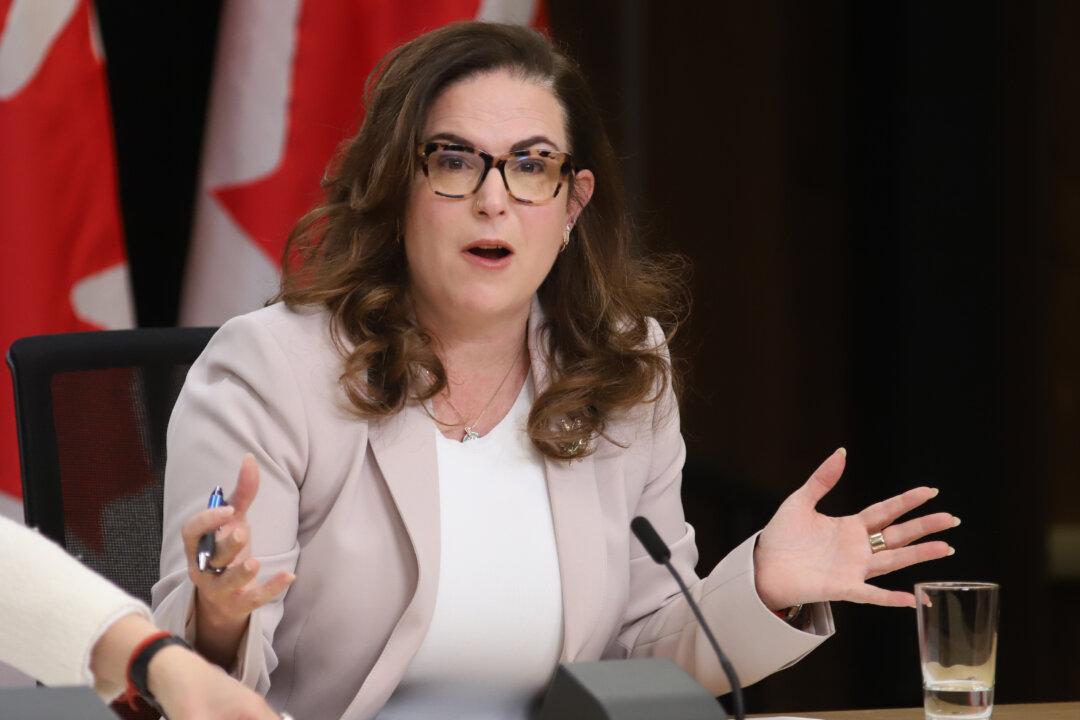Federal Minister of Mental Health and Addictions Ya'ara Saks responded to the Conservative leader’s support of involuntary addiction treatment for minors and prisoners by saying there is a shortage of associated beds in Canada.
“What we know right now is that jurisdictions across this country do not have enough treatment beds available for individuals to choose to access at this time, they do not have enough services and supports in the treatment space. I’m focused on that,” she said during a press conference in Ottawa on Oct. 11.





